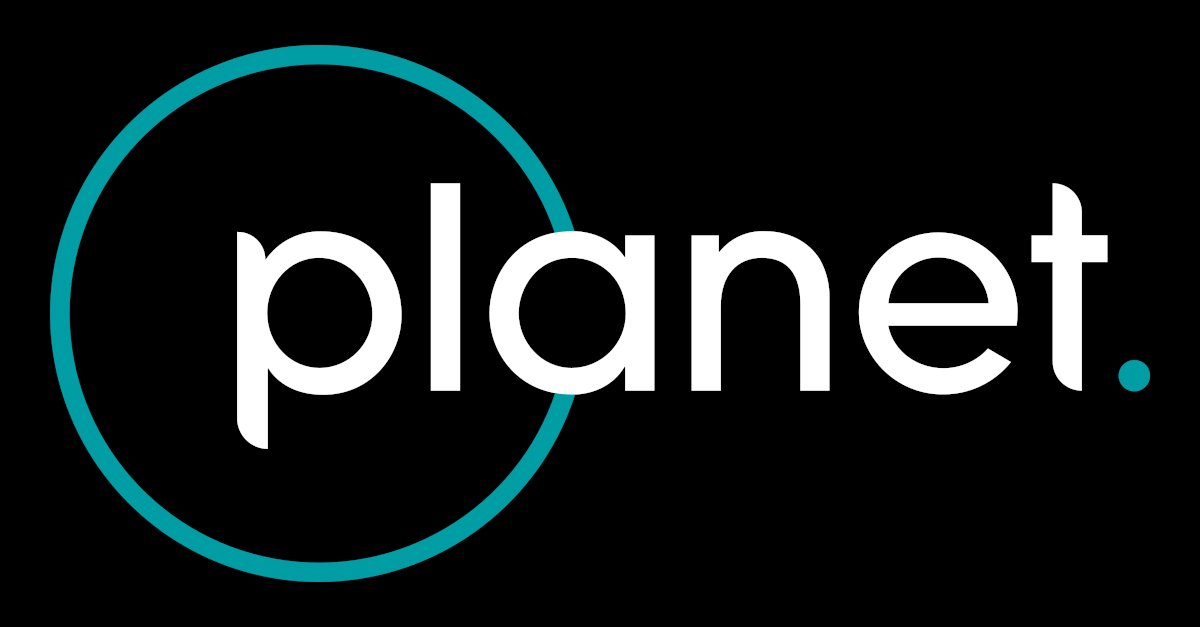Planet’s Pelican Tech Demonstration Satellite Ready for Launch
Planet Labs PBC (NYSE: PL), a leading provider of daily data and insights about Earth, announced that its Pelican tech demonstration satellite, Pelican-1, along with 36 SuperDoves, have arrived at Vandenberg Space Force Base in preparation for launch next month. Pelican-1, designed and manufactured by Planet, is the first tech demonstration of Planet’s next-generation, high-resolution fleet, which is expected to replenish and improve upon Planet’s existing high-resolution systems in orbit today. The 36 SuperDoves, Planet’s Flock 4q, will contribute to Planet’s daily monitoring PlanetScope mission.
Pelican-1 is a technology demonstration, built to test Pelican’s integrated design and Planet’s common bus platform. This common bus platform, designed and built by Planet, will also host the Company’s future hyperspectral Tanager mission. Planet launches tech demonstrations across all of its new satellite fleets in order to prove out next-generation systems, test its latest technology, and learn from its performance, improving the scalability of its systems along the way. Pelican-1 is not expected to produce commercial data, but rather obtain critical information and learnings needed to iterate the Pelican design and rapidly scale to a fleet using Planet’s agile aerospace approach. When fully operational, the Pelican constellation is planned to improve upon every dimension of Planet’s existing high-resolution SkySat constellation - faster acquisition and delivery of data, better spatial resolution to see finer details, higher revisit to catch fleeting events, and more ways to combine insights with other analytics and sensors.
The 36 SuperDoves launching will contribute to Planet’s flagship daily, global monitoring mission. This data is used by hundreds of customers in defense, civil government, and commercial markets to take informed action, and better contextualize events they’re seeing on the ground today. Planet’s daily scan and deep archive of data for every point on Earth is unique within the industry and provides customers with a continuous and complete view of their areas of interest. Further, the archive acts as a rich training ground for predictive machine learning and advanced artificial intelligence models, accelerating users’ ability to draw insights from the terabytes of data collected by Planet each day.
“The launch of our first Pelican tech demonstration marks an exciting milestone for us,” said Will Marshall, co-founder and CEO of Planet. “This new spacecraft bus is an exquisite system that will underpin both our Pelican and Tanager fleets and we can’t wait to learn and iterate in our agile aerospace model. The 36 SuperDoves also launching are not to be overlooked. They will join the flock we have in-orbit today, which remains the largest earth imaging fleet, providing our unique daily scan that is helping to unlock new markets.”
Planet is committed to delivering best-in-class data and services to its customers and expects this launch of Pelican-1 and 36 SuperDoves will help further the company’s mission of making change visible, accessible, and actionable. As the launch window nears, Planet, alongside its launch partner, will be sharing more details.
